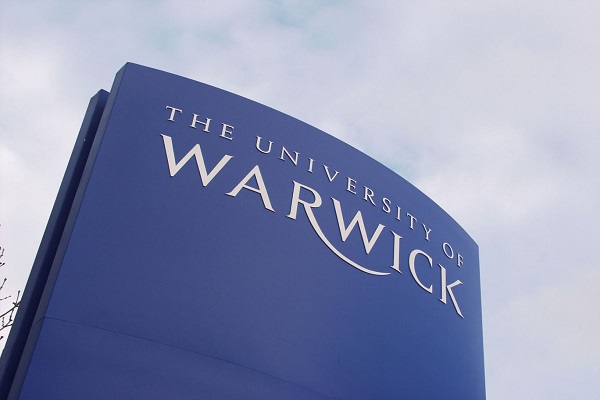Warwick Launches Islamic Education Research Network
The project is financially supported by the DCD Family Trust charity, who are keen to help with the creation of this international operation, that is designed to aid young Muslims across the world.
The network was developed from the University’s previous Islamic Education Summer Schools, which were a product of the Warwick Islamic Education Project. These summer schools were created in concerted effort by University academics to unite themselves with Islamic leaders, teachers, and community workers to discuss research areas.
It was also hoped that the summer projects could create more innovative way of learning and sharing the teachings of the Quran, in a manner robust enough to stand appropriately in an ever shifting sociopolitical climate.
The current Islamic Education research network aims to build upon this previous work, allowing members to collaborate on research projects and create a great contribution for "intercultural and interfaith dialogue and understanding”. The network was also created to help support Muslim with the struggles faced in daily life through developing their understanding of the Quran.
Efforts to promote the social integration of Muslim communities comes in the wave of increasingly hostile inter-religious relations across the UK. In 2013, a British Social Attitudes (BSA) survey suggested that 62% of Britons were concerned about the increasing Muslim population weakening British national identity.
Dr. Abdullah Sahin, a researcher in Islamic Education at Warwick, was one of the main people behind this new networking system. When speaking about the finalization of this new project, Dr. Sahin commented:
"There is a huge appetite and need for this kind of scholarly network, supporting the development of rigorous, research-based, reflective teaching practice, enabling the flow of ideas, and perhaps developing teaching resources to meet the needs of the new generation of learners who aren’t proficient in classical Arabic and so can’t engage with the Quran in traditional ways.”
A spokesperson for the university has commented that the main aim for the project is to "facilitate engagement with the educational challenges facing British and European Muslim communities, widening participation with mainstream higher education institutions, and contributing to the achievement of social cohesion and meaningful coexistence within the context of the modern world.”
Source: The Boar




